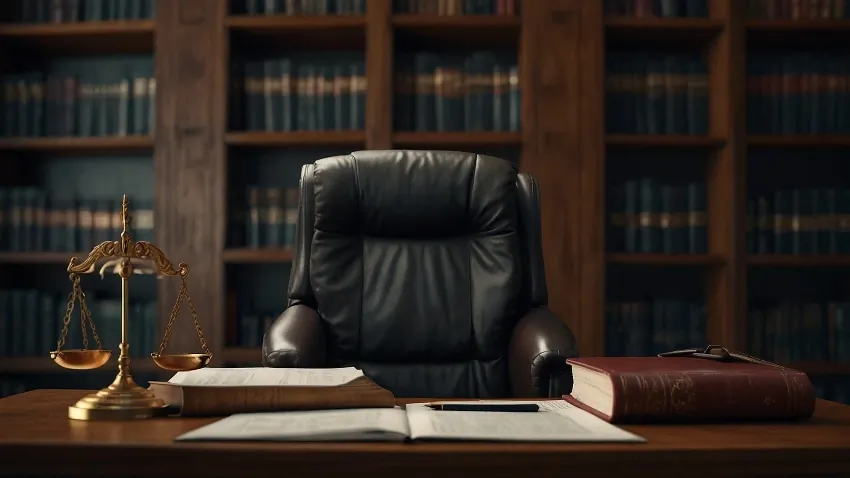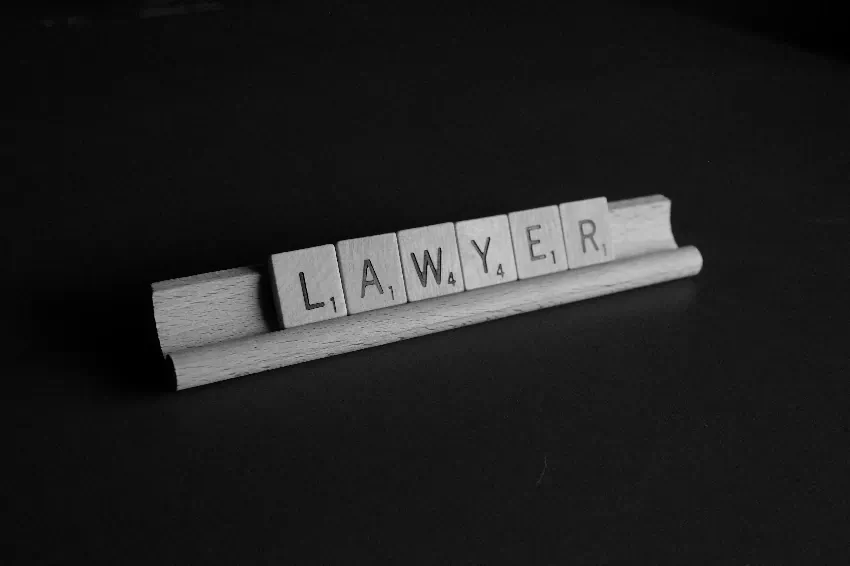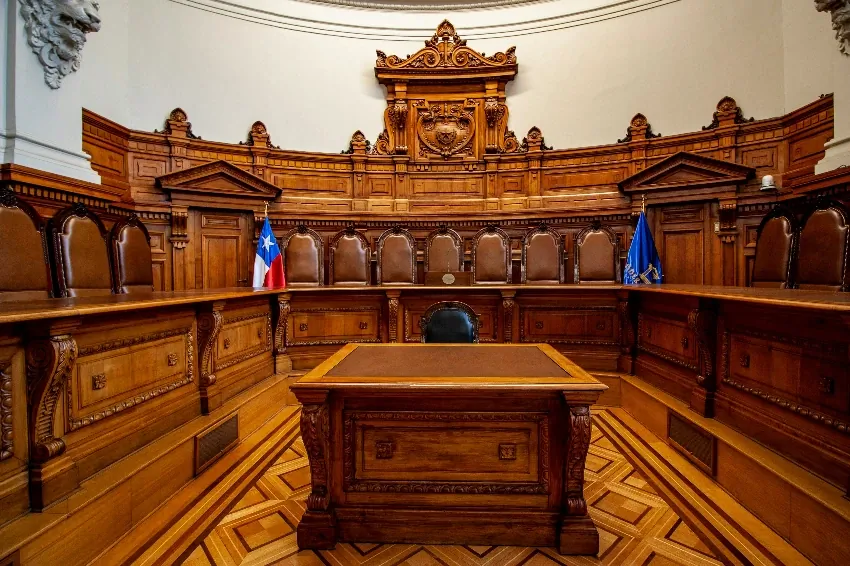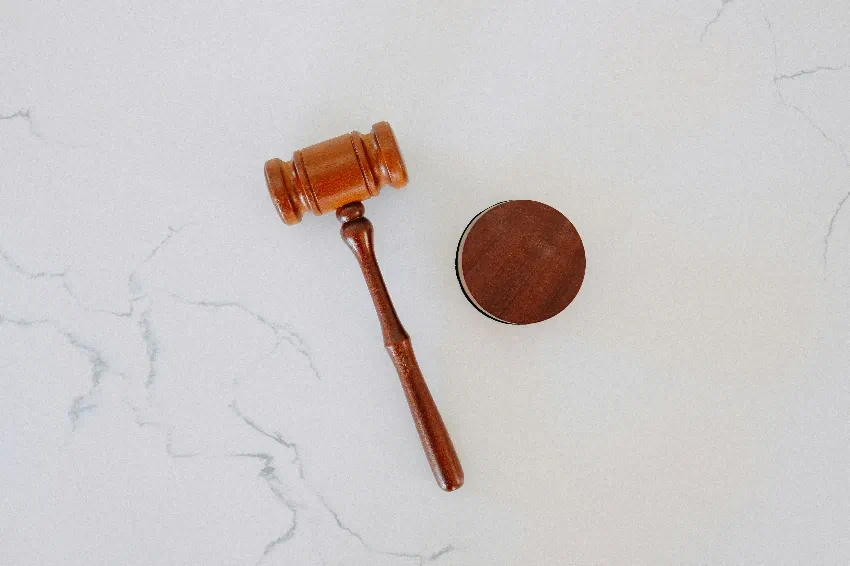
Judgment No. 8826 of 2024: Statute of Limitations for Damages in the Case of Environmental Offenses.
Let's explore ruling no. 8826 of 2024, which clarifies the start of the statute of limitations for damages in the case of environmental wrongdoing, highlighting the rights of owners of contaminated sites.

Commentary on Judgment No. 16760 of 2023: Transitional Regulation and Late Complaint.
The ruling no. 16760 of 2023 by the Court of Cassation clarifies important aspects regarding late complaints in relation to crimes that can be prosecuted upon complaint, in light of the transitional provisions introduced by Legislative Decree no. 36 of 2018. Let us explore the legal implications together.

Commentary on ruling no. 16560 of 2023: Continuous crime and mafia association
Analysis of ruling no. 16560 of 2023, which clarifies the dynamics of the continuous offense in contexts of mafia association, and the implications for the detention and rehabilitative process of the defendants.

Analysis of Judgment No. 15625 of 2023: Continuation of Offenses and Burden of the Judge.
Judgment no. 15625 of 2023 provides important insights on the assessment of ongoing offenses, highlighting the need for a thorough analysis by the judge, even in the presence of a wide time span.

Illegal subdivision: commentary on judgment no. 37639 of 2024
The recent ruling no. 37639 of 2024 by the Court of Cassation clarifies some fundamental aspects regarding illegal land development, excluding the need to ascertain specific urbanization interventions to constitute the offense.

Analysis of Judgment No. 36765 of 2024: Specific Intent of Evasion and Post Factum Evidence
The ruling no. 36765 of 2024 offers important insights on the issue of specific intent in the case of tax crimes, highlighting the relevance of behaviors following the commission of the crime for the proof of intent. Let's explore the meaning of this decision together.

Commentary on Judgment No. 38491 of 2024: Competencies and Connections in Crimes.
Analysis of ruling no. 38491 of 20/06/2024 regarding the determination of territorial jurisdiction in the context of related offenses. An in-depth look at the importance of the prosecutor's challenge.

Judgment No. 39478 of 2024: Uniqueness of the Offense of Improper Tax Compensation.
The ruling of the Court of Cassation No. 39478 of 2024 clarifies the concept of the uniqueness of the crime of undue tax offsetting, analyzing the offsetting of credits of different legal entities and the legal implications for taxpayers.

Commentary on Judgment No. 38452 of 2024: Prison Benefits and Unification of Concurrent Sentences
Let's analyze the recent ruling no. 38452 of 2024 concerning the unification of concurrent sentences for offenses obstructing the granting of prison benefits, in order to understand the legal and practical implications of this decision.

Criminal Court, Section V, Judgment No. 16115 of 2024: Reflections on Fraudulent Bankruptcy.
Analysis of the recent ruling by the Court of Cassation regarding fraudulent bankruptcy and the requirements of the subjective element, with particular reference to the liability of directors.